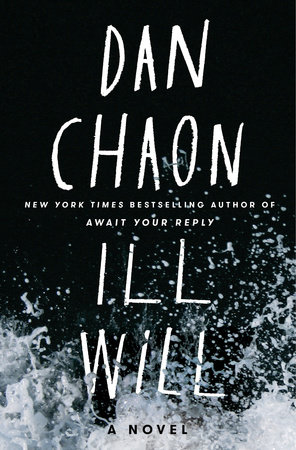Located at 1160 Revolution Mills Drive in Greensboro, Cugino Forno serves pizza salads, and desserts from 11-9 seven days per week. Beer and wine are available.
Greensboro needed another pizza place about as much as it needs another burger bar, but when Cugino Forno opened at Revolution Mills last month, it still managed to bring something different to the table. The pizza here is Neapolitan-style (San Marzano tomatoes and buffalo mozzarella) made with imported ingredients and cooked in a wood-fired oven in an open kitchen replete with dough-tossing. The provenance and showmanship set Cugino Forno apart, but there are still a few drawbacks to eating here.
First, don’t expect to eat in comfort. Seating here is picnic-style with long tables and benches. There is enough of it to go around – Cugino Forno is deceptively deep – but you’ll likely be squeezing yourself in among strangers. It also gets quite loud here, a product of both volume and acoustics.
In keeping with the strange set-up, the ordering system is also unusual for a place of this size. You place your order at the front counter, pre-pay, take a number, and place it at your table. In a smaller establishment, this wouldn’t be reason for concern, but I can only imagine how much walking and searching Cugino Forno’s servers do on a daily basis.
Next, don’t expect a lot of flexibility here. There are ten large pizza options with no half-toppings, substitutions, or single slices available. Salads, which can easily feed two, are also one size only.
If you can deal with the above, however, the food acquits itself reasonably well. My wife and I went for the Verona salad (spring mix, apricot sauce, bleu cheese, blueberries, and honey glazed pecans) and the Calabrese pizza (spicy salami, Calabrian peppers, mozzarella, and sauce). The wait time for the salad was minimal (the same cannot be said for the pizza, but they were busy), and it exceeded expectations. The sharpness of the bleu cheese balanced the sweetness of the fruit nicely, and the dressing was addictive. Once it arrived, the pizza offered fresh-tasting toppings, flavorful and acidic sauce, and plenty of heat from the salami and peppers. However, while there was plenty of taste up top, the crust was rather bland.
The pricing, for the quantity of the food and quality of the ingredients, left little room for argument. The (large) pizzas averaged $16 while the (also large) salads ran from $6-$8.
All told, Cugino Forno is worth a stop simply because you may not have had pizza like this before. But unless you can easily forgive the noise, seating, and lackluster crust, it’s unlikely to unseat your favorite pizza place.
7.5/10








